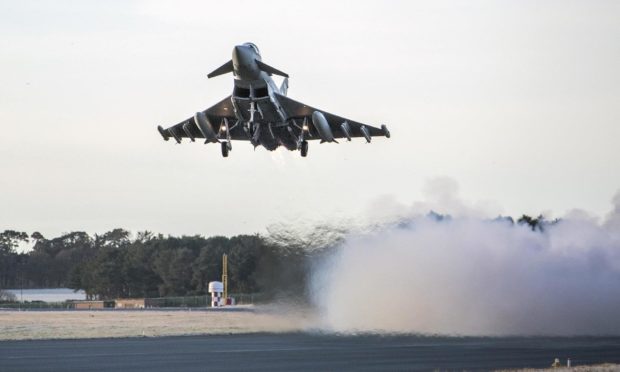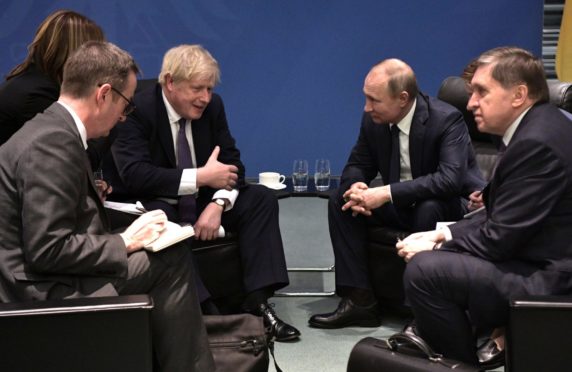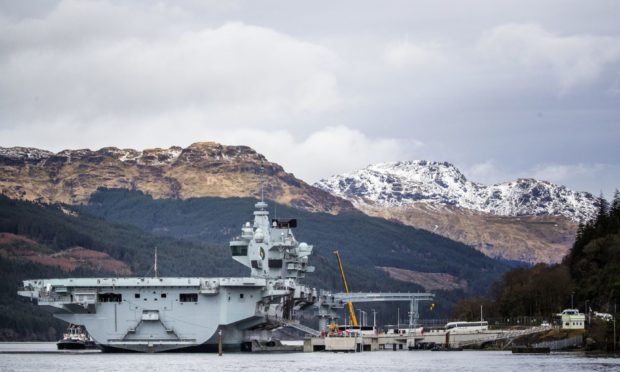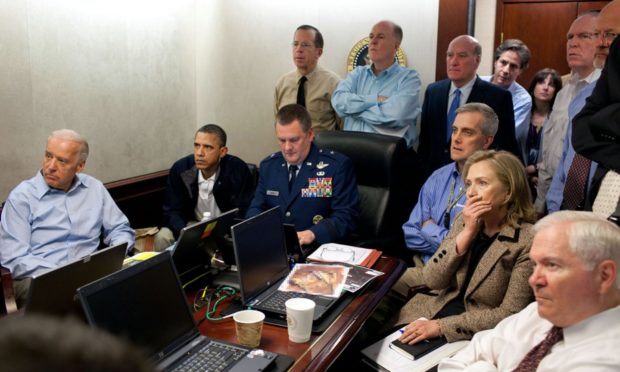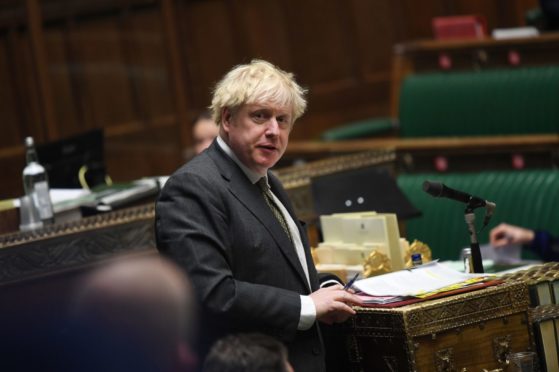Boris Johnson has vowed to protect The Black Watch, invest in RAF Lossiemouth and boost Scottish shipbuilding as part of a 10-year plan to bolster Britain’s defences.
The prime minister warned, however, that a “reckless” second independence referendum could “endanger” the strategy.
The integrated review, which runs to more than 100 pages, has taken more than a year to produce and sets out the UK’s foreign policy priorities until 2030.
The review, which includes a plan to increase the UK’s nuclear stockpile, will see post-Brexit Britain tilt towards the Indo-Pacific region as the world’s “geopolitical and economic centre of gravity” moves east.
But closer to home, Russia still remains the “most acute threat to our security”, the document said.
The strategy acknowledges the risks posed by increased competition between states – including a more assertive China – along with terrorism, organised crime, climate change and the “realistic possibility” of another pandemic.
The increased focus on the Indo-Pacific region is an acknowledgement of Chinese influence, as well as the importance of countries including India and Japan.
The shift will be underlined by the deployment of the HMS Queen Elizabeth carrier strike group to the region on its maiden operational mission later this year and a visit by Mr Johnson to India in April.
The review includes the creation of a new state-of-the-art counter-terrorism operations centre to streamline the response of police and the intelligence agencies in the event of an attack.
There will also be a new “situation centre” in the Cabinet Office similar to the White House situation room where former president Barack Obama was able to watch the US special forces’ operation to kill Osama bin Laden in real time.
The publication comes after the prime minister announced in November a £16.5 billion increase in defence spending over the next four years, focusing on the future battlefields of space and cyber.
However, military chiefs have made clear the investment in new technologies will mean cuts to some “industrial age” capabilities, to be set out in a further paper by the Ministry of Defence next week.
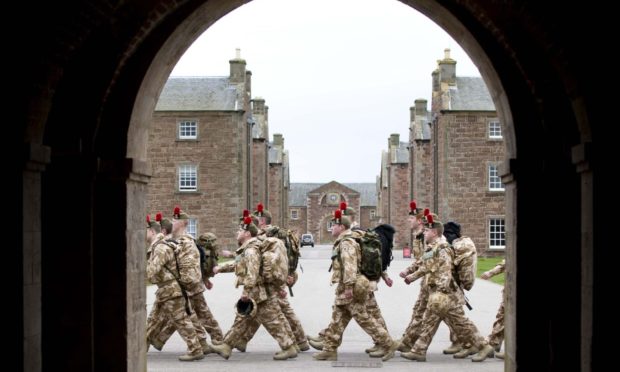
‘There is no threat to The Black Watch’
The Army is expected to be the biggest loser, with troop numbers expected to be slashed by more than 10,000, while its fleet of Challenger 2 main battle tanks is expected to be reduced by a third and the Warrior infantry fighting vehicle retired altogether.
Mr Johnson, in response to SNP Westminster leader Ian Blackford, suggested cuts would not fall in Scotland, however.
He said: “This government continues to invest massively in projects that will bring benefits to the whole of the UK, including to Scotland.
“I can tell him that there’ll be further investments in Lossiemouth, that there is no threats to The Black Watch, which I know that he and his colleagues sometimes like to raise in order to alarm people.
“We will continue to invest in shipbuilding, which drives jobs across the whole of the UK, and particularly in Scotland.
“The only thing that endangers those investments and working together as one UK, working with all the fantastic people in the armed services in Scotland, is the reckless referendum which I think his party insists on calling at the most inapposite time possible for this country.”
